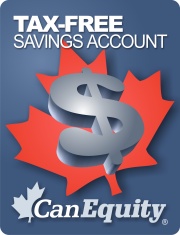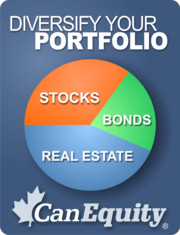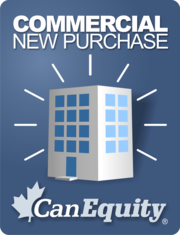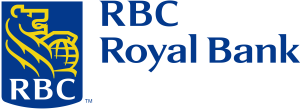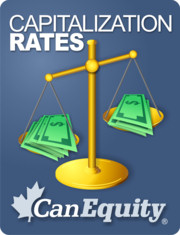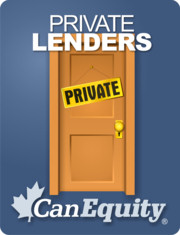Agreement Ratified between the Canadian Real Estate Association and Canada’s Competition Bureau Assures Homeowners Increased Options
After several years of discussion, investigation and debate with the Competition Bureau of Canada, the Canadian Real Estate Association’s 101 board representatives voted in overwhelming favour on an agreement that aims to eliminate anti-competitive rules in the home selling arena. The agreement, passed October 24, 2010 in St John’s, Newfoundland, will be in force for the next 10 years, meaning an end to discrimination against real estate agents opting to offer mere postings on the Multiple Listing Service (MLS).
Continue reading “Canadian Real Estate Association’s Anti-Competitive Rules Crushed”


